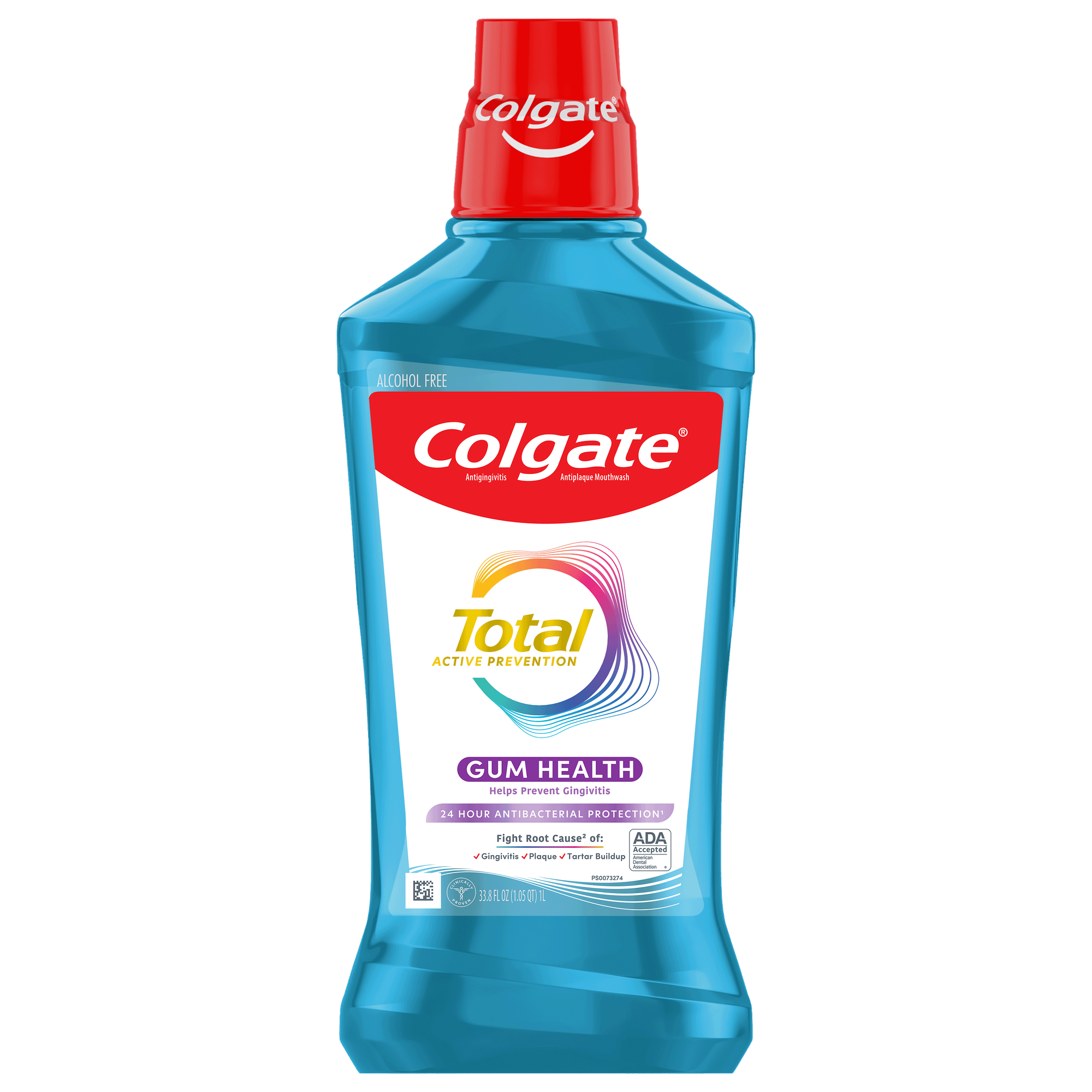Anatomy of the Tongue
Your tongue is a significant part of your oral health on top of your teeth and gums. It consists of eight flexible muscles that are packed with nerves and arteries. If you've ever bit the tip of your tongue and it painfully bled relatively easily, now you know why. The function that your tongue brings to the table is quite impressive. Without your tongue, you wouldn't be able to:
- Speak
- Eat
- Drink
- Taste
- Chew
- Swallow
- Defend your mouth against germs
Your tongue can differentiate 5 different types of taste and speak up to 90 words per minute. Those are no small feats for such a little muscle. It's attached to the floor of your mouth by a tissue strip called the lingual frenulum. Yes, it's a thing. The lingual frenulum connects your tongue to your lower jaw, making it physically impossible to swallow your tongue.
Seizures and Oral Injuries
The urban legend you may have heard about swallowing your tongue has to do with seizures. Seizures are random electrical outbursts in the brain. Most often, seizures are caused by epilepsy, but not all sufferers have epilepsy. According to the Mayo Clinic, seizures can cause:
- Uncontrollable flailing of the limbs
- Loss of consciousness
- Temporary confusion
- Staring spells
Seizures also result in a variety of oral cavity injuries. Tonic-clonic seizures are quite extreme and can leave sufferers with cracked teeth or a wounded tongue from uncontrollable biting, says the Mayo Clinic. But again, one can never swallow their tongue. They can injure it through biting, however.
Seizure First Aid
If you're around someone who's experiencing a seizure, the Epilepsy Foundation has created valuable first aid tips and how you can help them through it. They've broken it down into 3 digestible steps:
- Stay with the person until they are awake and alert after the seizure
- Time the seizure
- Remain calm
- Check for medical ID
- Keep the person safe
- Move or guide them away from harm
- Turn the person onto their side if they are not awake and aware
- Keep airway clear
- Loosen tight clothes around their neck
- Put something small and soft under their head
They also recommend the following of what not to do:
- Do NOT restrain
- Do NOT put any objects in their mouth (rescue medicines can be given if prescribed by a health care professional)
Get Help
If a seizure had rendered someone unconscious, the National Institutes of Health has outlined what to do from a first aid perspective:
- Call 911 and explain the situation
- Monitor the person's breath and pulse
- If breathing without a spinal cord injury, carefully roll them on their side so the airways remain open
- If breathing with a spinal cord injury, leave them as is so they can breathe
- If they vomit, carefully roll them on their side while supporting the neck and back
- Keep them warm
No, it's impossible to swallow your tongue. But hurting your tongue due to a seizure is a genuine concern. If that sounds like you or someone you know, contact your doctor for immediate medical attention. It's always best to trust the facts firsthand from your doctor rather than third-party fabrications.
Oral Care Center articles are reviewed by an oral health medical professional. This information is for educational purposes only. This content is not intended to be a substitute for professional medical advice, diagnosis or treatment. Always seek the advice of your dentist, physician or other qualified healthcare provider.
ORAL HEALTH QUIZ
What's behind your smile?
Take our Oral Health assessment to get the most from your oral care routine
ORAL HEALTH QUIZ
What's behind your smile?
Take our Oral Health assessment to get the most from your oral care routine















